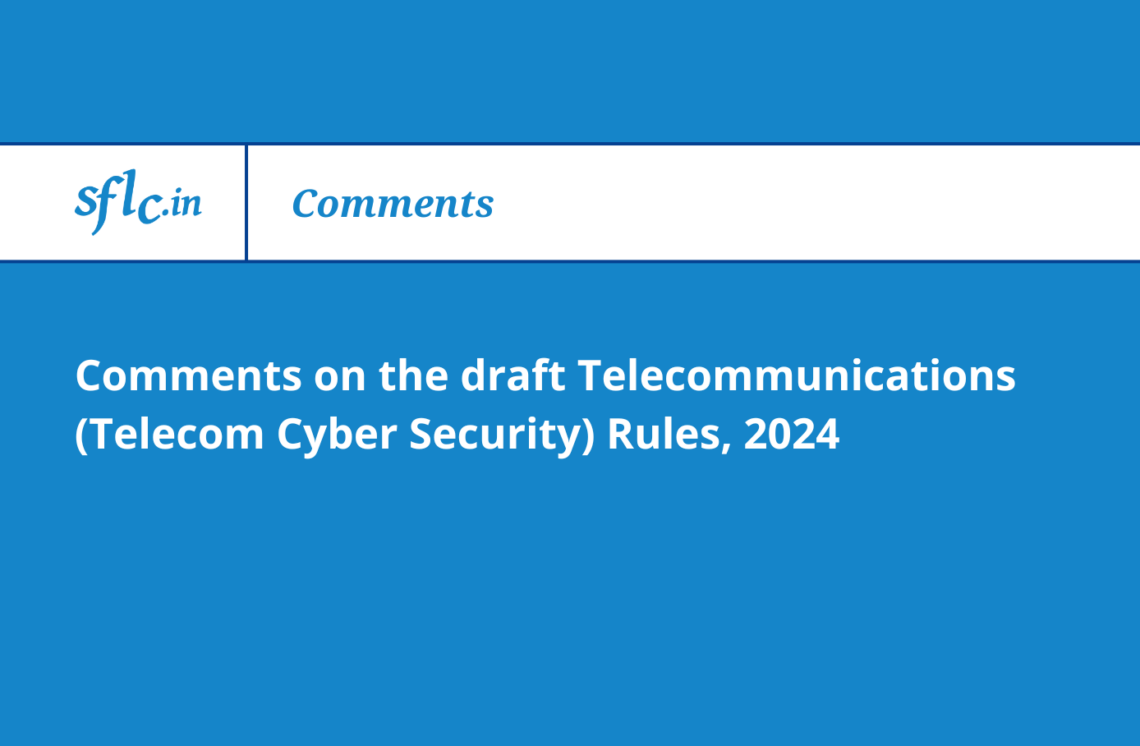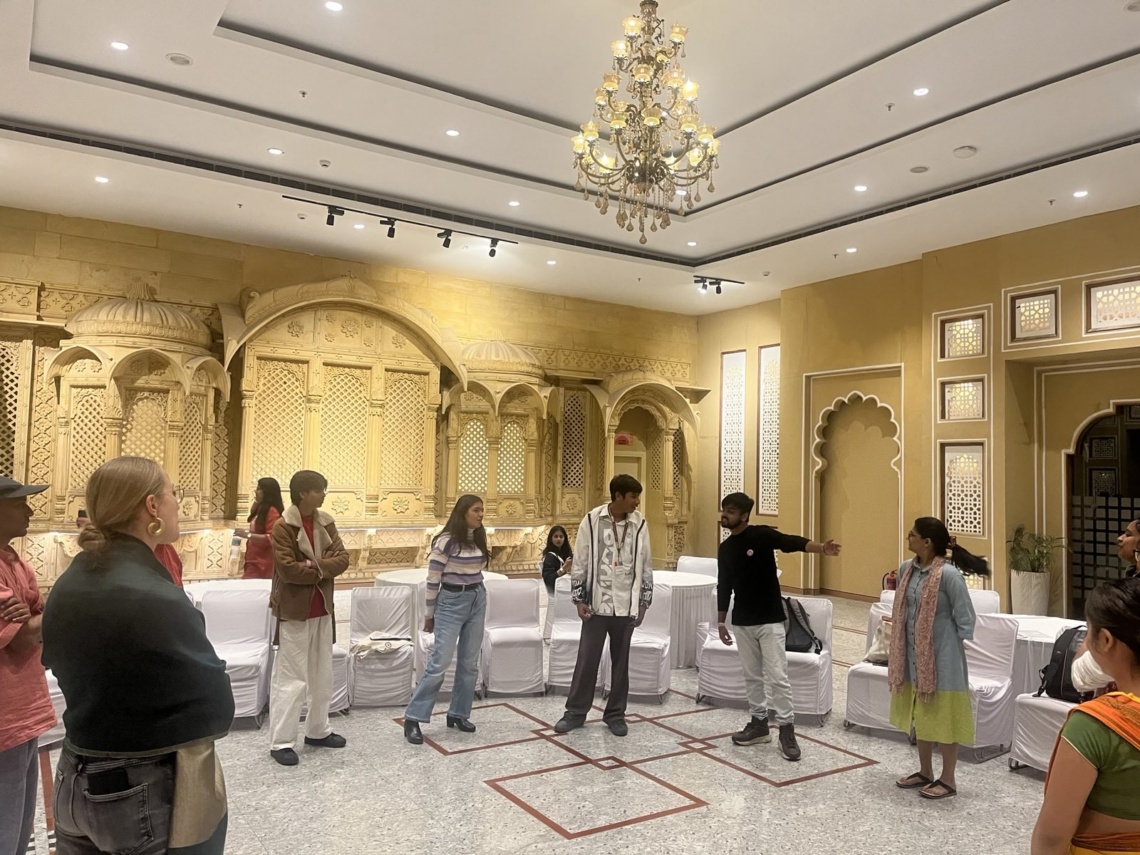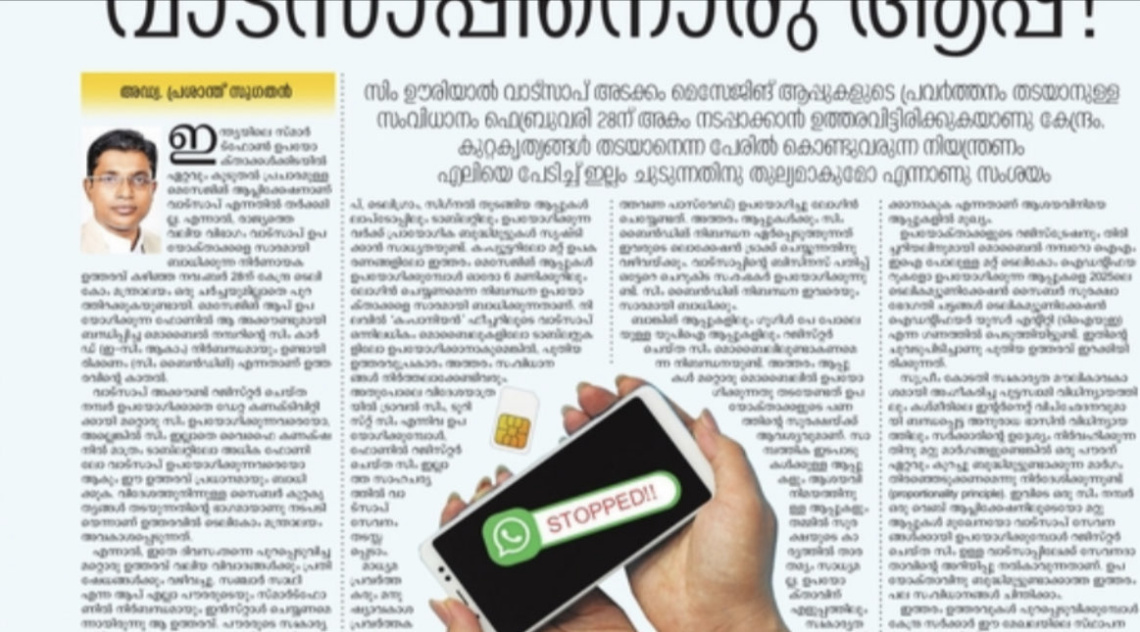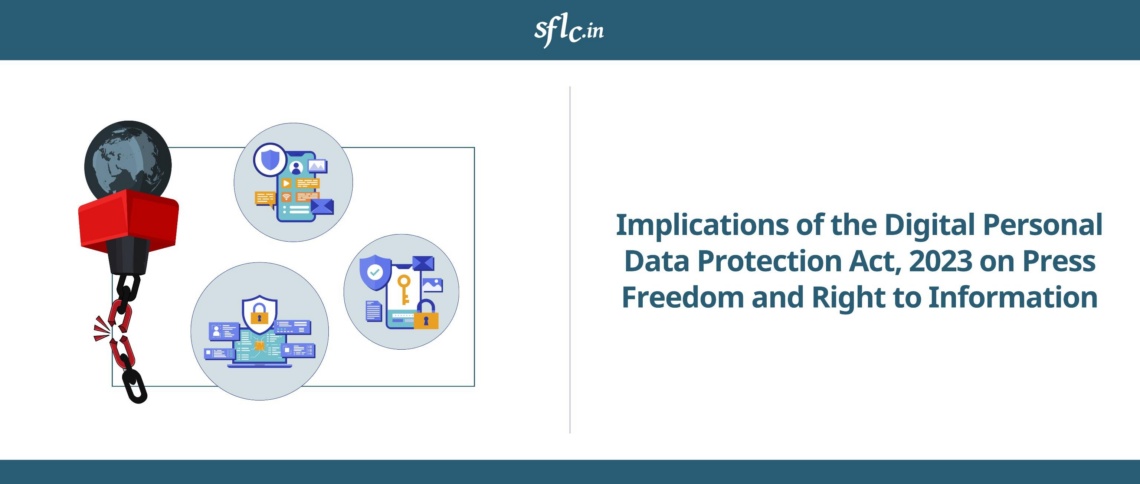The case involved journalist Amish Devgan, who faced FIRs under Sections 153A (promoting enmity), 295A (outraging religious feelings), and others for allegedly making derogatory remarks against Sufi saint Moinuddin Chishti. The court emphasized that while Article 19(1)(a) guarantees free speech, it cannot override Article 21’s right to dignity, which includes participatory equality and protection from hate speech. The judgment distinguished between protected political discourse (even if factually incorrect) and unlawful hate speech, stressing that the latter must incite “imminent lawless action” with a proximate causal link to violence or disorder. Hate speech was defined as expressions (words, symbols) causing psychosocial harm (e.g., loss of self-esteem, mental stress) or physical violence against a group, assessed through a “reasonable person” standard. However, the court noted marginalized groups may warrant greater protection due to historical oppression, requiring courts to be circumspect in penalizing their speech. It also highlighted that tolerance cannot extend to intolerance threatening social harmony.




